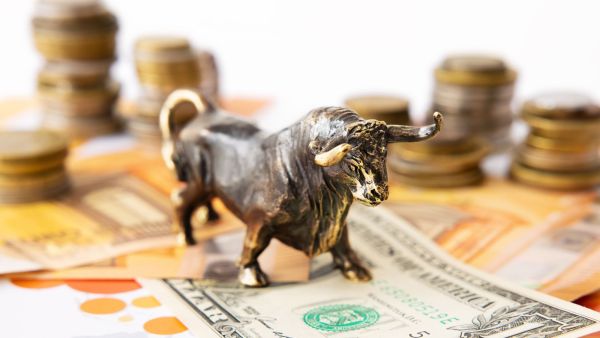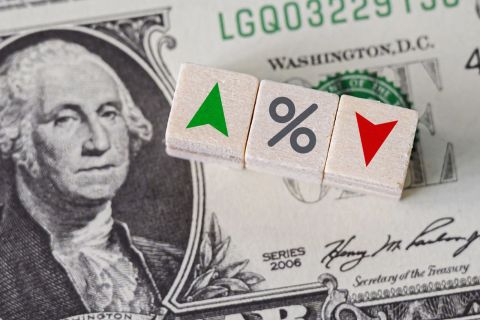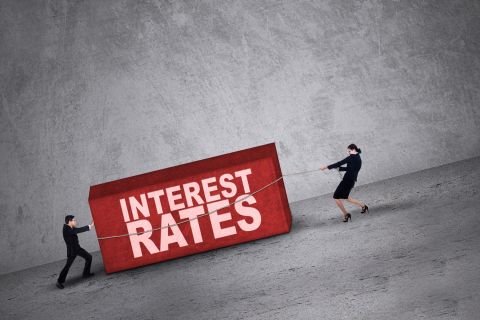Fed to hike US interest rates to 22-year high in long-anticipated inflation endgame
ALBAWABA – Asia stocks and European equity futures dipped Wednesday, as United States (US) stocks brace for the Federal Reserve (Fed) hiking US interest rates, news agencies reported.
The Fed convened yesterday for a two-day session to discuss the status of the US economy, amid gradually receding but still high inflation rates and ambiguous labor market indicators.
On July 26, the Fed is slated to announce any further monetary policy measures, in what has long been anticipated as the inflation endgame.
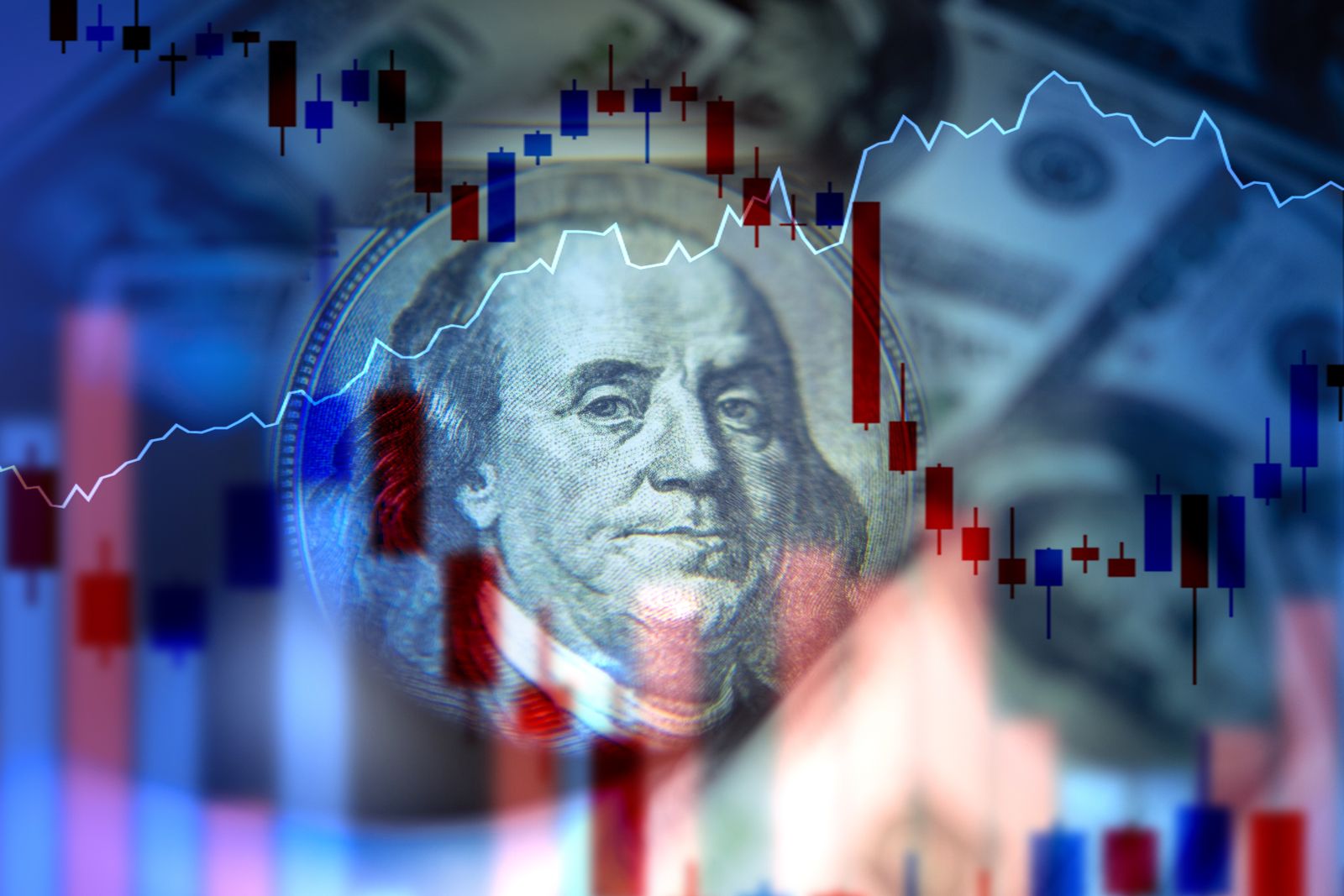
In all likeliness, the central bank’s Federal Open Market Committee is expected to raise US interest rates to a 22-year high, by another quarter point, at 5.25-5.5 percent, Agence France-Presse (AFP) reported.
Markets brace for higher US interest rates
Chinese stock markets were mostly lower on Wednesday following a steep rally the day before, Reuters reported. Hong Kong's Hang Seng Index fell 0.8 percent, trailed by its property and tech subindexes.
China's blue-chip CSI300 index was down 0.3 percent while the CSI 300 Real Estate index gained 0.2 percent.
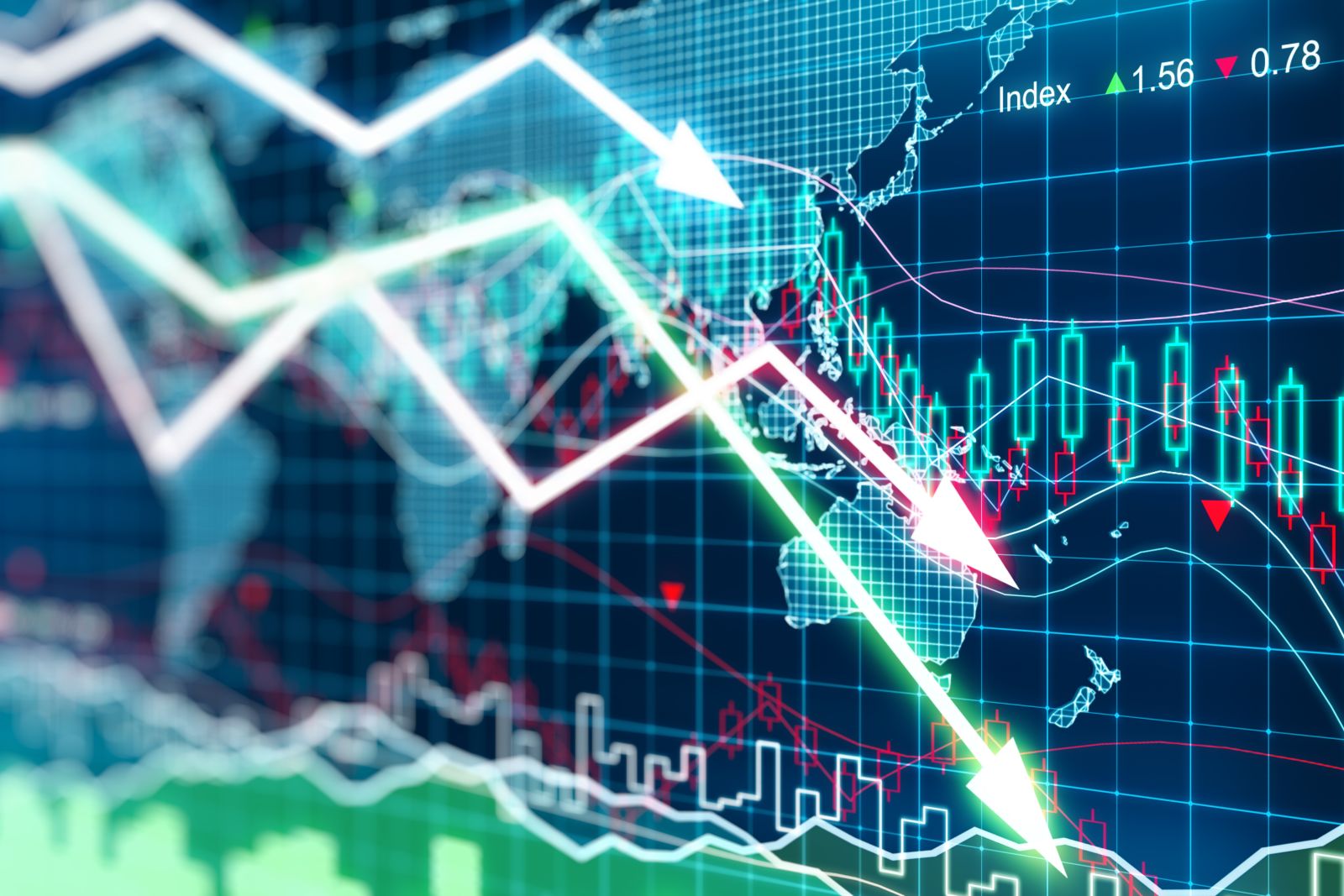
Stocks also ticked lower in Japan and South Korea. Whereas a gauge of Australian stocks advanced after quarterly inflation came in slower than expected in June, while futures contracts on US shares were little changed, according to Bloomberg.
The S&P 500 closed at its highest since April 2022, the Nasdaq 100 outperformed and the Dow Jones Industrial Average saw its 12th straight advance — the longest winning streak in over six years.
The Conference Board’s US consumer confidence index climbing to a two-year high bolstered the rise in US market indexes, Bloomberg explained.
Both Microsoft and Alphabet announced strong earnings results after the US close on Tuesday, according to Reuters. While Meta Platforms, AT&T, Thermo Fisher Scientific, Union Pacific Corp, eBay, Boeing and Coca Ola are expected to release their earnings reports later on Wednesday.
Other markets on Wednesday: Summary by Bloomberg
Japan’s Topix was little changed
Australia’s S&P/ASX 200 rose 0.7 percent
Hong Kong’s Hang Seng fell 0.7 percent
The Shanghai Composite fell 0.4 percent
Euro Stoxx 50 futures fell 0.4 percent
Bitcoin rose 0.1 percent to $29,265.21
Ether fell 0.2 percent to $1,859.06
Why hike US interest rates
The increase, anticipated by investors with nearly a 100 percent probability, according to Reuters, would raise the benchmark overnight interest rate to the 5.25-5.50 percent range, and with it bond yields.
As a result, money starts flowing out of other markets and into treasury bond and securities markets.
The anticipated hike would bring it to roughly the highest level since the 2007-2009 financial crisis and recession.
"The forecast is for the Federal Open Market Committee to hike the target range for the fed funds rate by 25bps but maintain a bias toward additional rate hikes, if needed," Oxford Economics' chief US economist Ryan Sweet wrote in a note to clients, as reported by AFP.
Meanwhile, unemployment has remained close to historic lows, with salary growth still high, even though employment indicators are pacing down.
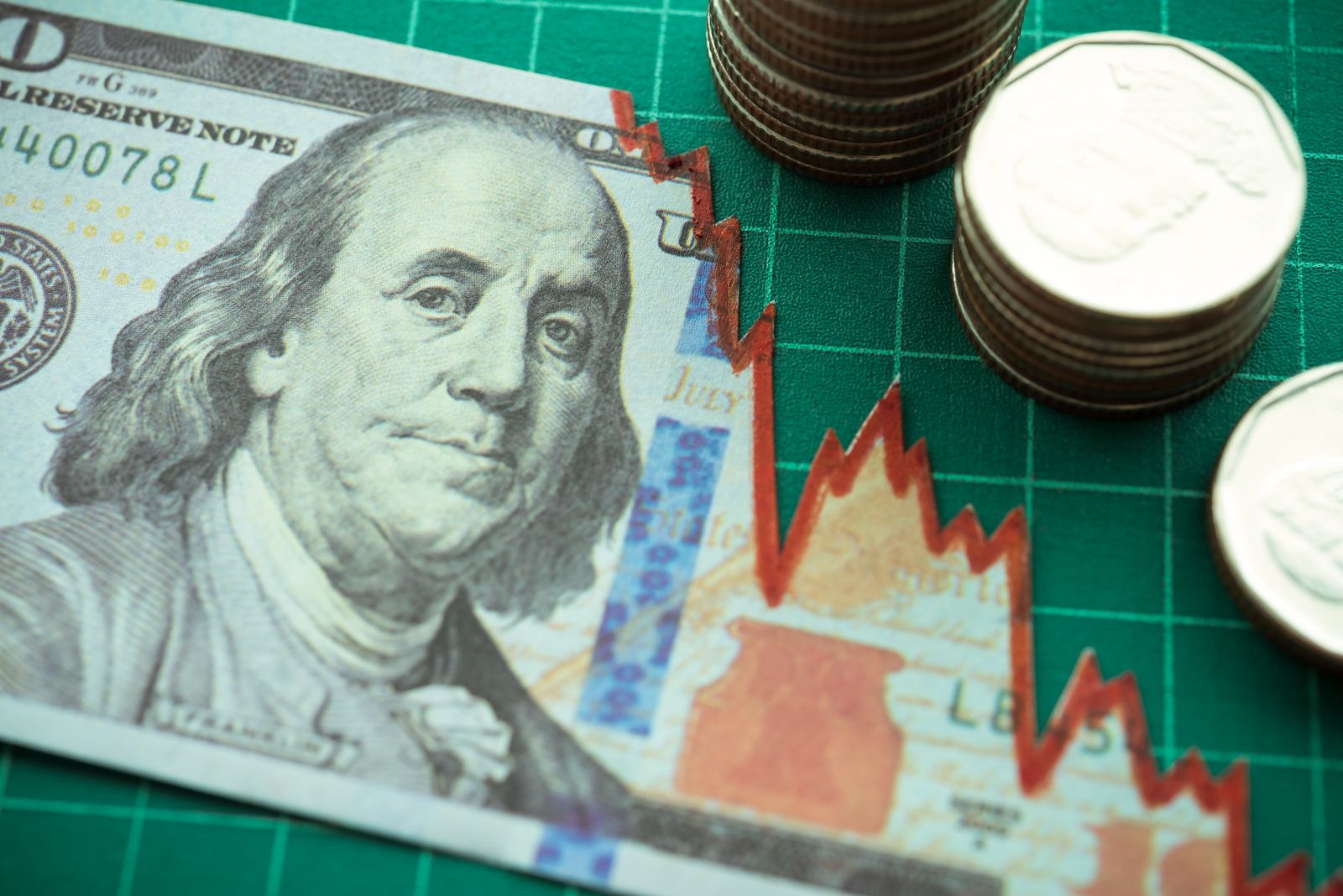
Generally, a cooler labor market indicates slower inflation and vice versa. Accordingly, labor market indicators are among the Fed’s favorite tools for assessing the status of the economy.
Notably, as well, a faster inflation rate also usually indicates a growing economy. But an economy growing too fast depreciates the value of the currency and raises living costs.
A hot labor market and economic growth drove the Fed to issue a series of consecutive rate hikes up until June, when the committee paused the tightening cycle.
Officially, the Fed wanted to buy itself some time to better measure the state of the economy before further hiking US interest rates.
Data since June has indicated a partially cooling labor market and a slowing inflation rate. Whereas economic growth for the first quarter has been revised up sharply on resilient consumer spending data.
The more positive economic news has increased the chances of a so-called "soft landing," in which the Fed succeeds in bringing down inflation by raising interest rates, while avoiding a recession and a sharp surge in unemployment.


